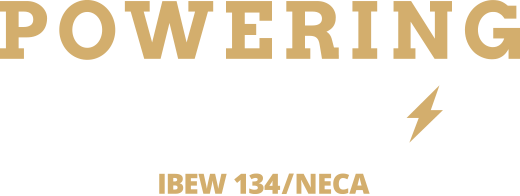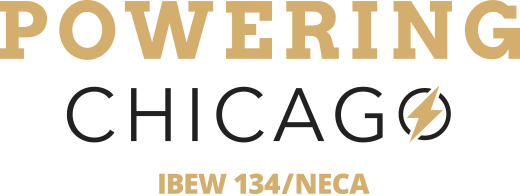The Business Case for NFPA 70B Compliance: Benefits Beyond Safety
- Posted: January 20, 2025
- electrical maintenance cost savings, electrical safety compliance advantages, NFPA 70B compliance benefits, NFPA 70B insurance considerations
While NFPA 70B compliance is now mandatory, forward-thinking facility managers and business owners are discovering that a robust electrical maintenance program (EMP) delivers benefits that extend far beyond mere regulatory adherence. From enhanced safety protocols to significant cost savings, implementing NFPA 70B standards can transform your facility’s operations and bottom line.
Safety Benefits: Protecting Your Most Valuable Assets
The primary advantage of NFPA 70B compliance lies in enhanced workplace safety. By implementing proper maintenance protocols, facilities can:
- Minimize the potential for arc flash incidents
- Reduce workplace electrical hazards
- Enhance employee and building occupant protection
- Prevent electrical-related accidents and injuries
Operational Benefits: Keeping Your Facility Running Smoothly
A well-maintained electrical system is a reliable one. NFPA 70B compliance helps facilities:
- Increase electrical system reliability
- Improve equipment performance and longevity
- Reduce unexpected downtime
- Maintain consistent operations
- Optimize system efficiency
Financial Advantages: The ROI of Compliance
While implementing an electrical maintenance program requires investment, the financial returns can be substantial:
Reduced Maintenance Costs
- Prevention of expensive emergency repairs
- Extended equipment life cycles
- Optimized maintenance scheduling
Insurance Benefits
- Potential premium reductions
- Better coverage terms
- Reduced liability exposure
Operational Savings
- Minimized production losses
- Reduced emergency repair costs
- Lower replacement equipment expenses
Legal and Insurance Considerations
NFPA 70B compliance plays a crucial role in risk management:
- Reduces liability exposure in case of accidents
- Facilitates OSHA compliance
- Supports insurance claims with documented maintenance records
- May qualify facilities for preferential insurance rates
Understanding Compliance Responsibility
The equipment owner bears primary responsibility for NFPA 70B compliance, including:
- Implementing an Electrical Maintenance Program (EMP)
- Designating qualified coordinators
- Maintaining proper documentation
- Engaging qualified contractors for maintenance
Enforcement and Real-World Impact
While OSHA doesn’t directly enforce NFPA 70B, the standard can be cited when issuing citations for unsafe electrical conditions. Non-compliance can result in:
- OSHA citations and fines
- Increased insurance premiums
- Legal liability exposure
- Potential business interruption costs
Expert Insight
“The main drive of NFPA 70B is to always eliminate the potential or the risk of creating an arc flash. It’s strongly based on safety training. So, we create a full safety manual for the client,” said Bill Cullen, Vice President at Sharlen Electric Company.
Looking Ahead
Insurance companies are increasingly considering NFPA 70B compliance when assessing risk and determining premiums.
“In the event something happens to disrupt business, insurance firms will often request maintenance records. This is where having an NFPA 70B plan can prove crucial in mitigating risk,” said Sean Samson, CEO of Sean Samson Training.
Taking the Next Step
Understanding the benefits of NFPA 70B compliance is just the beginning. Implementing a comprehensive electrical maintenance program requires expertise, planning, and ongoing commitment. Powering Chicago’s network of IBEW Local 134 electricians possesses the knowledge and experience to help you develop and maintain an effective compliance program.
Ready to learn more about implementing NFPA 70B standards in your facility? Download your free guide today.

